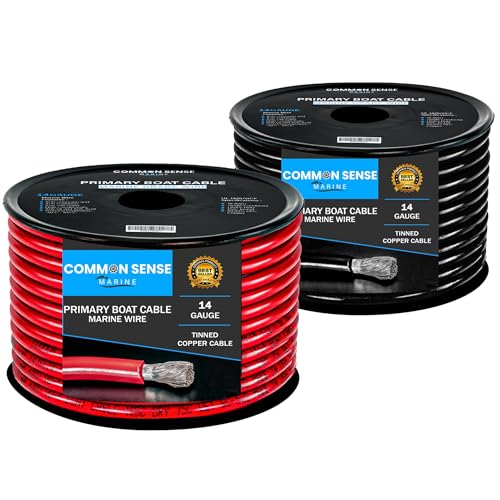What Gauge Wire for Boat Lights: A Guide for Beginners
If you’re planning to install lighting on your boat, one of the most important considerations is the gauge of the wire you’ll use. Choosing the right wire size is crucial to ensure that your lights work properly and safely. The gauge of the wire determines how much current it can carry, so it’s important to choose a wire that can handle the amount of power your lights require.
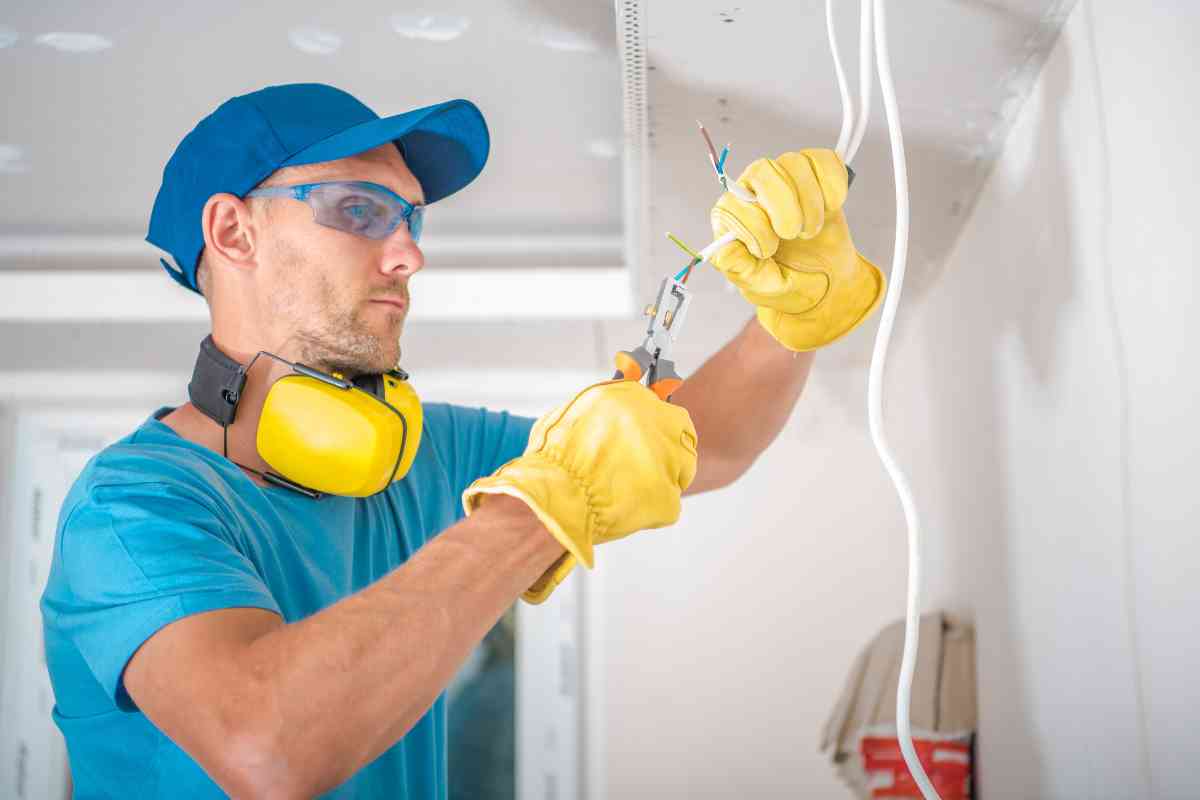
What gauge wire do I need for boat lights?
To properly wire your boat lights, you’ll need a wire between 10 AWG and 18 AWG, depending on the distance you’re wiring and how many amps that particular light requires.
When it comes to choosing the right wire gauge for your boat lights, there are a few factors to consider.
The first is the wattage of your lights. The higher the wattage, the more current the lights will draw, and the thicker the wire you’ll need. Ys
ou’ll also need to consider the length of the wire run, as longer runs require thicker wire to prevent voltage drop.
Another important factor is the type of lights you’re installing. LED lights, for example, require less power than traditional incandescent bulbs, so you may be able to use a thinner wire for LED lights.
However, if you’re installing multiple LED lights or using them for navigation lights on your boat, you’ll still need to choose a wire gauge that can handle the total current draw.
Importance of Proper Wiring Gauge
When it comes to boat lighting, proper wiring gauge is essential for safety and functionality. The gauge of wire used to connect the lights to their power source can have a significant impact on the performance of the lights, as well as the overall safety of the boat.
Using the wrong gauge wire can result in a number of issues, including overheating, voltage drops, and even electrical fires. This is especially true for boats, where exposure to water and other elements can increase the risk of electrical problems.
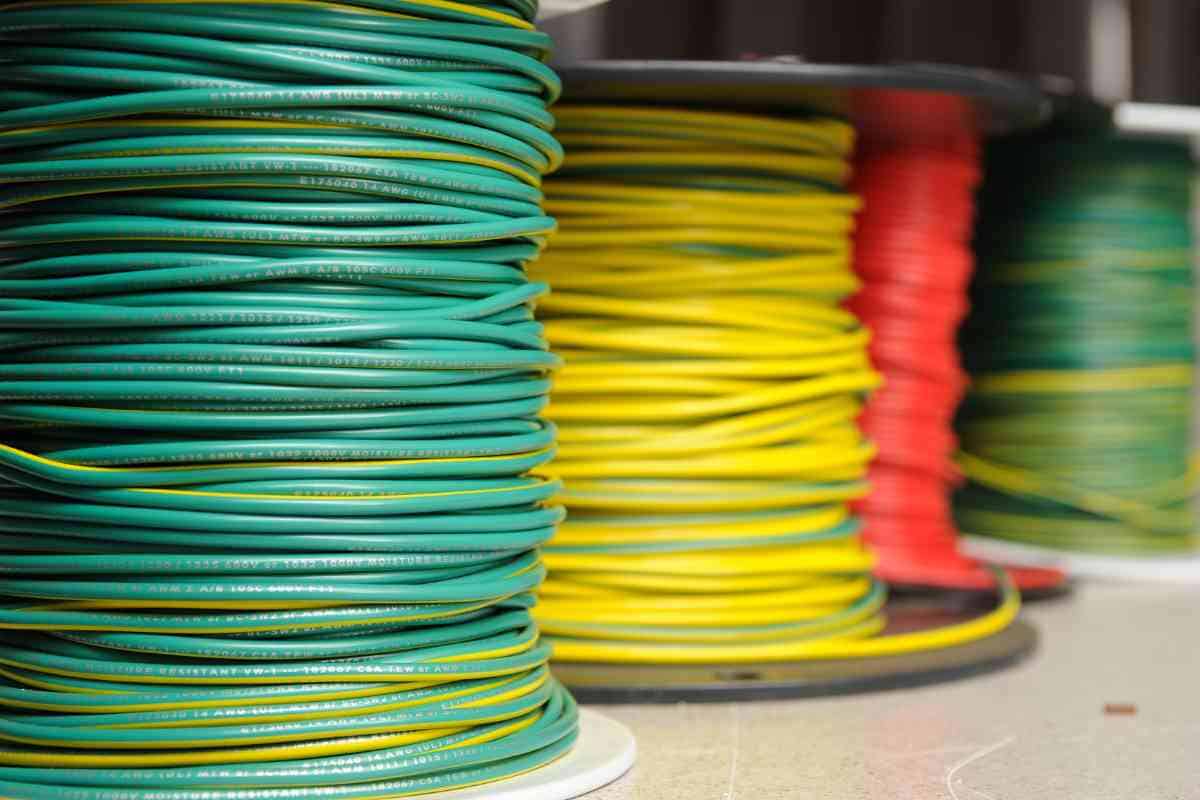
Proper wiring gauge is also important for ensuring that the lights function as intended. If the wire is too small, it may not be able to carry enough current to power the lights, resulting in dim or flickering lights.
On the other hand, if the wire is too large, it can be difficult to work with and may not fit properly in the boat’s wiring system.
To determine the proper wiring gauge for your boat lights, it’s important to consider a few key factors. These include the total length of wire needed, the amount of current required to power the lights, and the type of lights being used.
A professional electrician or boat mechanic can help you determine the best gauge wire for your specific needs.
Factors to Consider When Choosing Wire Gauge for Boat Lights
Choosing the right wire gauge for your boat lights is crucial to ensure that the lights function properly and safely at night. Here are some factors to consider when selecting the appropriate wire gauge:
- Amperage: The amount of current that flows through the wire is measured in amperes. It is important to choose a wire gauge that can handle the amperage required by your boat lights. The higher the amperage, the thicker the wire gauge should be.
- Length: The distance between the power source and the boat lights will determine the length of wire needed. Longer distances require thicker wire gauges to ensure that the drop in volts is minimal.
- Environment: The marine environment can be harsh, with exposure to saltwater, moisture, and extreme temperatures. It is essential to choose wire that is specifically designed for marine use to prevent corrosion and ensure longevity.
- Connector Type: The type of connector used to attach the wire to the light fixture is also important. Some connectors are designed for specific wire gauges, so it is important to choose the right one.
When choosing a wire gauge for your boat lights, it is important to consider all of these factors to ennaure that your lights function properly and safely in the marine environment. Use the table below as a guide for selecting the appropriate wire gauge based on amperage and length:
| Wire Gauge | Amperage Capacity | Maximum Length |
|---|---|---|
| 18 | 5 amps | 10 feet |
| 16 | 7 amps | 15 feet |
| 14 | 10 amps | 20 feet |
| 12 | 20 amps | 25 feet |
| 10 | 30 amps | 30 feet |
Calculating the Proper Size Wire Gauge for Your Boat Lights
When it comes to wiring your boat lights, it’s important to choose the right wire gauge to ensure that your lights are powered safely and efficiently. Here are some steps to help you calculate the right wire gauge for your boat lights:
1. Determine the total amperage of your lights
The first step is to calculate the total amperage of all the lights you plan to install on your boat. You can find this information on the packaging of your lights or by consulting the manufacturer’s website.
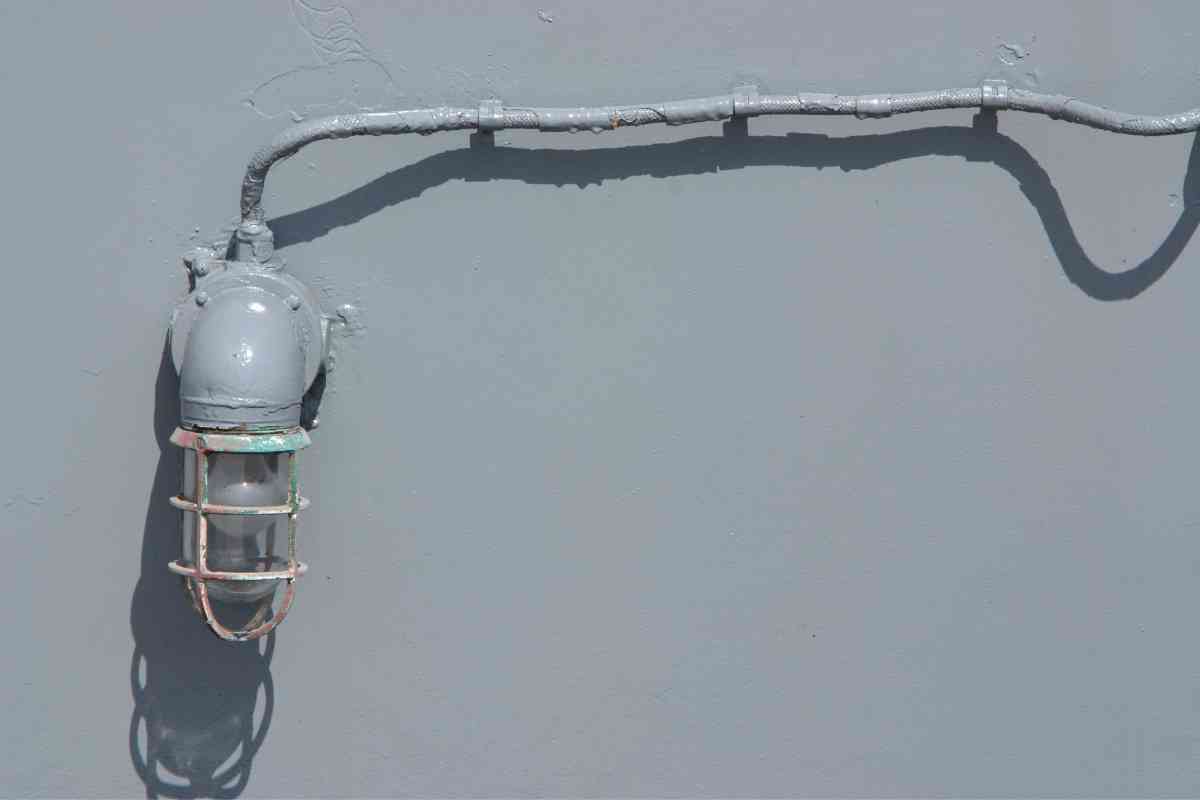
2. Calculate the length of wire needed
Next, you’ll need to determine the length of wire needed to connect your lights. Measure the distance between your battery and the location of your lights to get an accurate measurement.
3. Use a wire gauge chart
Once you have the total amperage and the length of wire needed, consult a wire gauge chart to determine the appropriate wire gauge for your boat lights. The chart will provide you with the recommended wire gauge based on the amperage and length of wire.
4. Consider voltage drop
It’s important to consider voltage drop when choosing the right wire gauge for your boat lights. Voltage drop occurs when the voltage decreases as the current flows through the wire. To avoid voltage drop, choose a wire gauge that can handle the total amperage of your lights and the length of wire needed.
5. Choose marine-grade wire
When wiring your boat lights, it’s important to choose marine-grade wire that is designed to withstand the harsh marine environment.
Marine-grade wire is resistant to corrosion and can handle exposure to saltwater and other elements. By following these steps, you can calculate the right wire gauge for your boat lights and ensure that they are powered safely and efficiently.
Common Wire Gauges for Boat Lights
Choosing the right wire gauge for your boat lights is crucial to ensure they function properly and safely. Here are some of the most common wire gauges used for boat lights:
| Wire Gauge | Max Amperage | Recommended Use |
|---|---|---|
| 18 AWG | 7 amps | Small LED lights, navigation lights |
| 16 AWG | 10 amps | Larger LED lights, cabin lights |
| 14 AWG | 15 amps | Halogen lights, deck lights, floodlights |
| 12 AWG | 20 amps | High power lights, underwater lights |
It’s important to note that the American Wire Gauge (AWG) of the wire should be selected based on the maximum amperage of the light or lights being used. If the wire gauge is too small, it can cause the wire to overheat and potentially cause a fire.
On the other hand, if the wire gauge is too large, it can be more difficult to work with and may not fit properly in the light fixture.
When in doubt, it’s always best to consult the manufacturer’s recommendations or seek the advice of a professional electrician. By choosing the appropriate wire gauge for your boat lights, you can ensure that they will function safely and effectively for years to come.
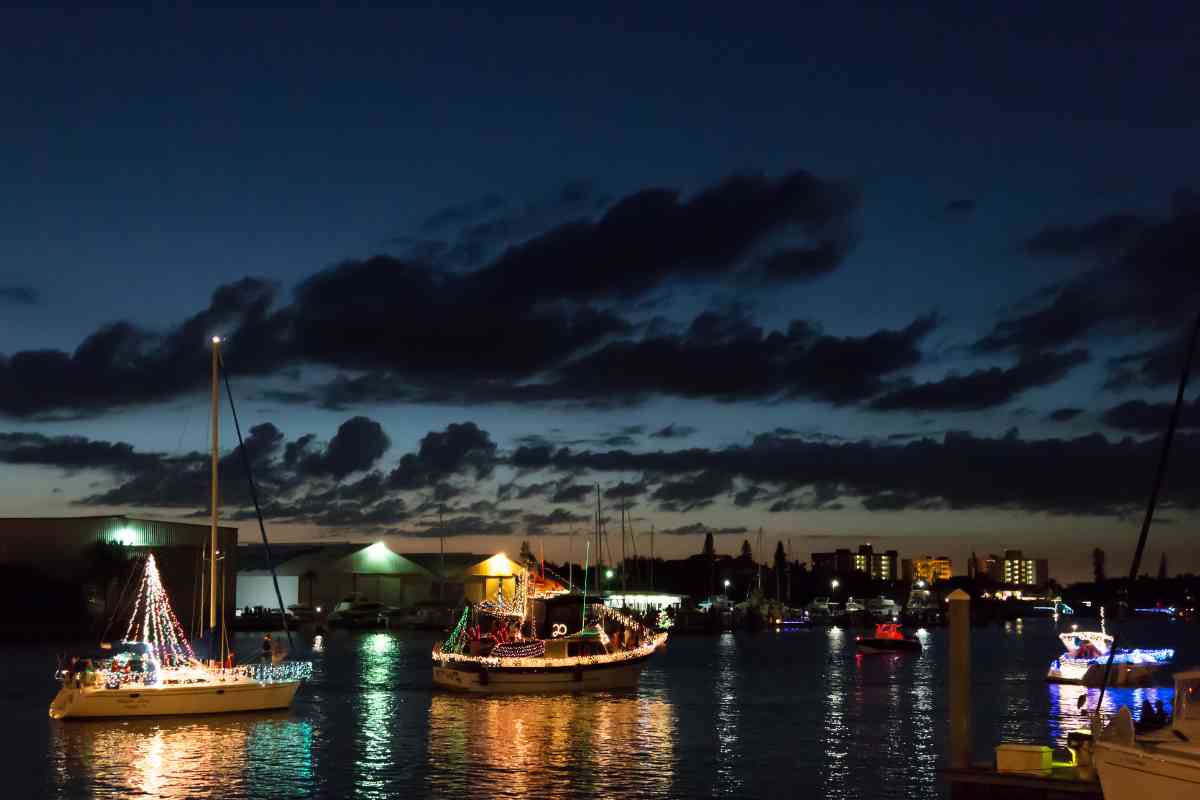
Conclusion
Choosing the right gauge wire for your boat lights is crucial to ensure safety and efficiency.
Based on our research and analysis, we recommend using 16-gauge wire for boats with a length of up to 20 feet and 14-gauge wire for boats longer than 20 feet.
It is important to note that using a wire gauge that is too small can result in voltage drop, which can cause dimming or flickering of the lights. On the other hand, using a wire gauge that is too large can be unnecessary and costly.
When installing boat lights, it is also important to use marine-grade wire that is resistant to corrosion and moisture. Additionally, it is recommended to consult with a professional electrician or refer to the manufacturer’s guidelines to ensure proper installation.
By following these guidelines and using the appropriate wire gauge, you can ensure that your boat lights operate safely and efficiently.

